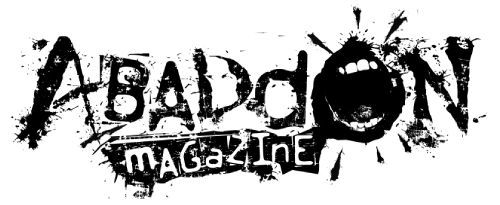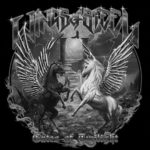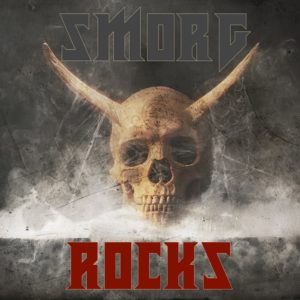Publisher: Self released
Year: 2023
I’m back in the game of poetry. No, nothing has changed in the meantime. I’m still far from being well-educated in the world of poems, but Mr. Popović insists that I keep it up with reviewing his books. Okay, I’ll bite once again with his new, ninth collection.
Actually, what I wrote before could easily stand here. My opinion remains unchanged. However, I do have a number of remarks. First and foremost, it is such a carelessly executed release. It’s not just the abundance of typos. The book was in dire need of a lector who would proofread it before sending it to the print house. Commas, full stops… Some editing would come in handy. Paying attention to details, like the form of letter “k” which changes throughout the book, as if the font was being changed over constantly. It’s details like those that could, to some people, mean the author’s lack of respect for his own work or care for the craft in itself. Considering this untrue, it might just be an indication of frustration, psychosocial distress or downright wrathful outbursts that lack a concrete aim, thence exploding into rampant word jumbles. Whatever the case may be, seeking help is a tool used even by the most literate and successful authors. Mr. Popović should definitely use it, too.
Even if the above mentioned could be construed as just details that many could overlook in favor of the content, the next should certainly be avoided. And that’s something even I, in all my lackluster with genre at hand, know to be true. The author has a tendency to repeat certain phrases even in consecutive poems. As if he found a neat one and is looking to exploit it as much as possible. Also, when it comes to execution, certain metaphors could use a look back before publication, as they make no sense whatsoever. For example, sifter is hardly a tool for grinding. Detail for the attentive, perhaps, but still… I know what the author wanted to say but would everyone?
Third and last of my problems with Mr. Popović’s poetry is the free-form he uses almost exclusively. Most of the times I have a feeling I’m reading a prose book that is weirdly cut. Best example being the thanks list of a poem called “Srećan vam dan”. Honestly, I didn’t find a way to read it as a poem. I read it like any other thanks list. And it was definitely the weakest spot of the book, especially if it was indeed intended as a poem. Similar to poems from Mr. Popović’s previous book, which also concerned his friends and loved ones, it seems as if it was written out of infatuation rather than poetic aspiration. Execution-wise, I cannot dive into that style which was used on many occasions here and personally consider them unsuccessful.
Then again, I’m no expert and the duo adorning the book with reviews seems to praise Mr. Popović’s poetry to high heavens, comparing him to some of the biggest names in local poetry. I cannot agree with that, but who am I to judge. Just a reviewer, avid reader, CD and literary reviewer, collector, musician, lyricist with close to fifty published songs, radio host, rock critic…
Okay, I’m off to positives. As was the case with the previous book, Mr. Popović is the best when he subdues to poetry as is recognized even by myself. When honestly and carefully exploring his feelings, whatever they may be, the author is capable of decent lines. Melancholic, sad, disappointed, neurotic, angered… Whatever the moment dictates, if Mr. Popović is capable of streaming his thoughts into overly regular form it tends to work out just fine. It is those moments that are depicted on a nicely done cover. Author is mining the depths of his soul and it is where he shines the brightest. If it was the only section of the book, it would certainly be rated much higher in the hierarchy of Serbian poetry.
P. S. Speaking of sections of “Rudarenje duše”, the last one, being a sort of a post scriptum as well, contains three poems by another poet. Mr. Dragiša Aćimović is a guest in the book, printed in manuscript rather than typed and he offers a short ranged but overly melancholic viewpoint throughout the small sample of his work. Much better focused verse than Mr. Popović’s (for most of the time), he still looks to a simplified thematic orientation. Less of an original approach, though I enjoyed this sample very much.






